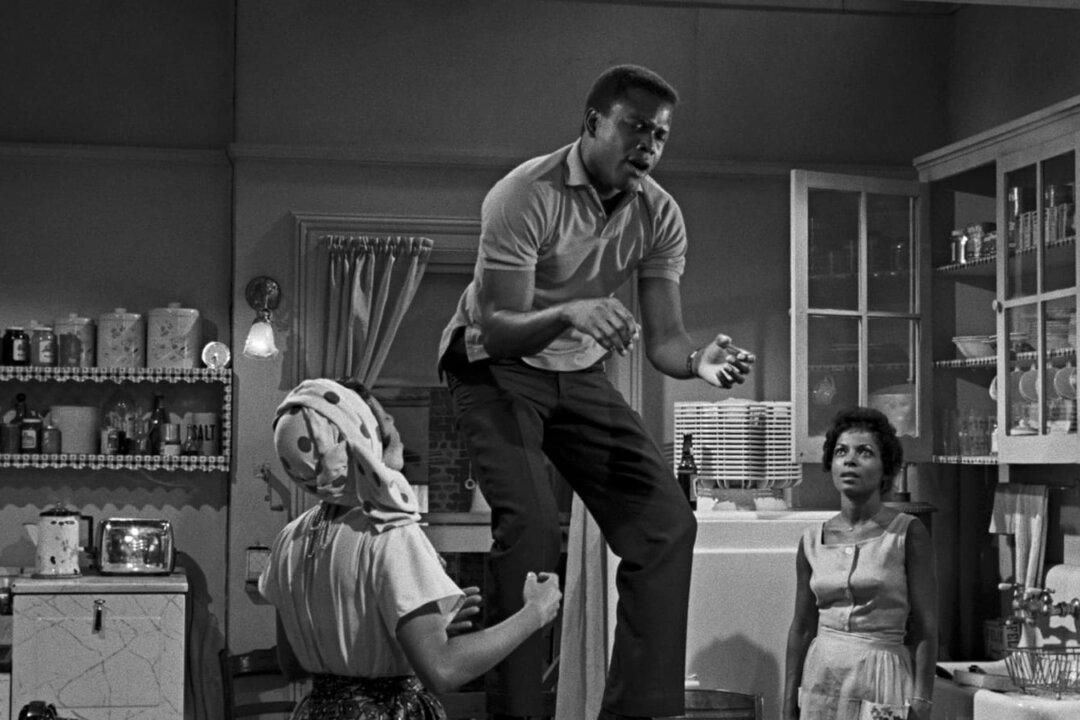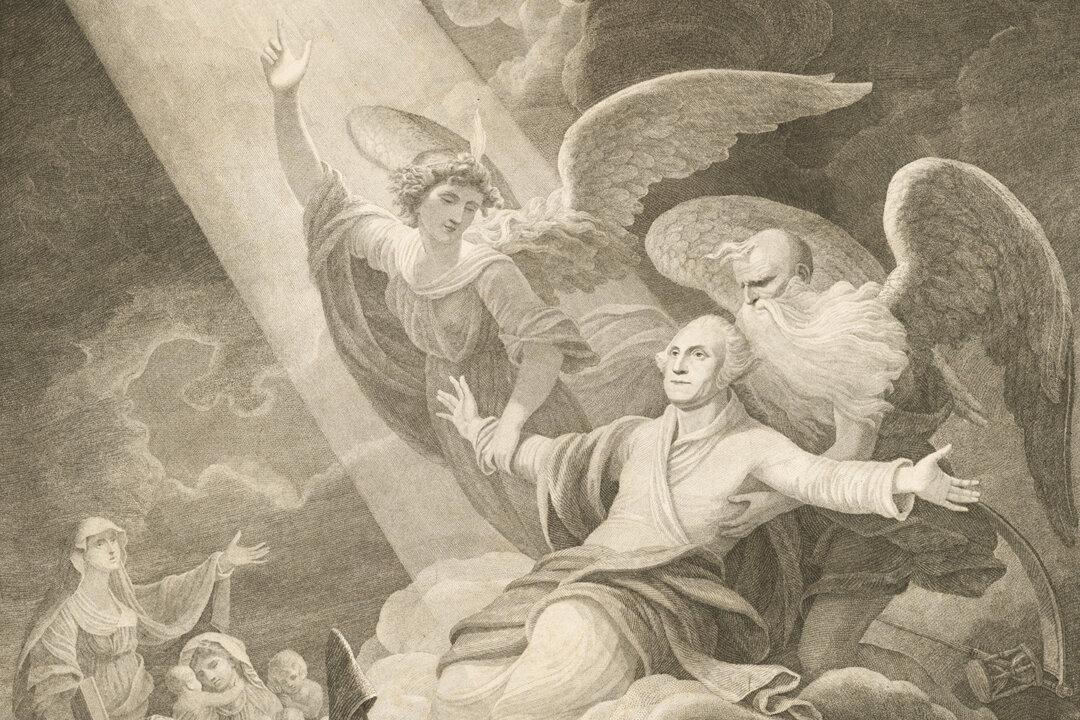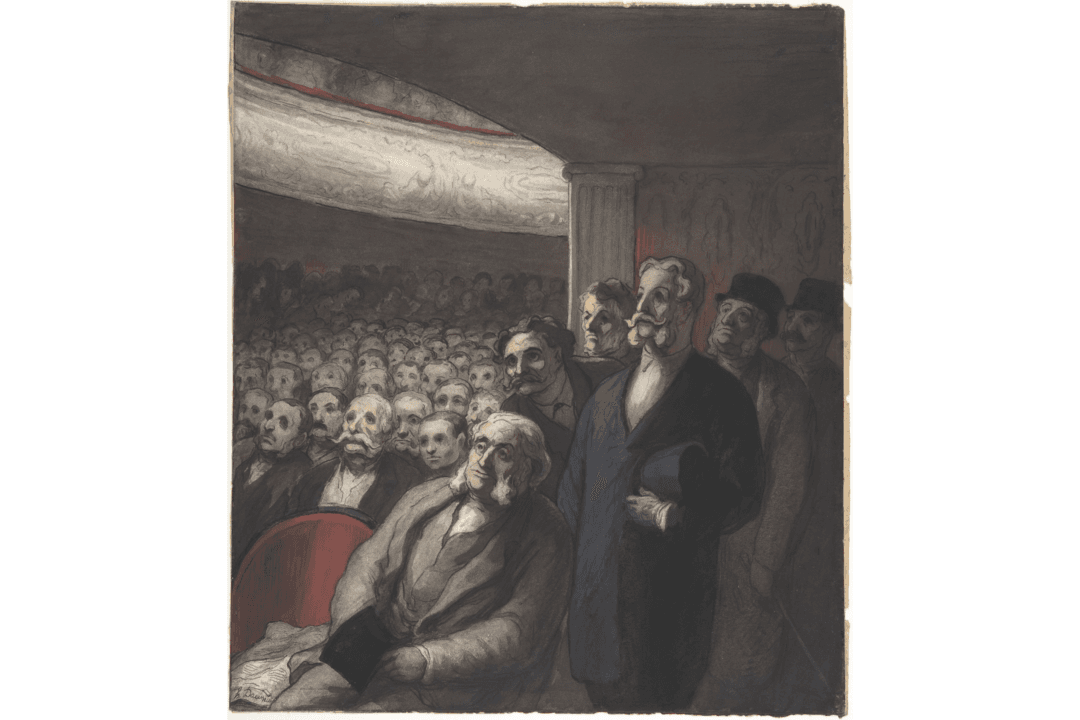As the founder and president of Stage Right Theatrics, the home of the Natural Theater and the country’s only “conservative” theater company, I have discovered that the more traditional voice is indeed out there among playwrights. The bravest among them are willing to challenge the status quo in the arts, even at the risk of ridicule and censure.
To further this discussion, I called upon four playwrights who have written plays produced at my annual Conservative Theatre Festival: Cece Dwyer, Mark Sasse, Gary Wadley, and Carl Williams. Each has had plays produced outside of my festival and has won writing competitions. Each writes with a “conservative” point of view, and each explained what being a conservative in the arts means to him or her, and why it is necessary for a different voice in the theater to be heard.






